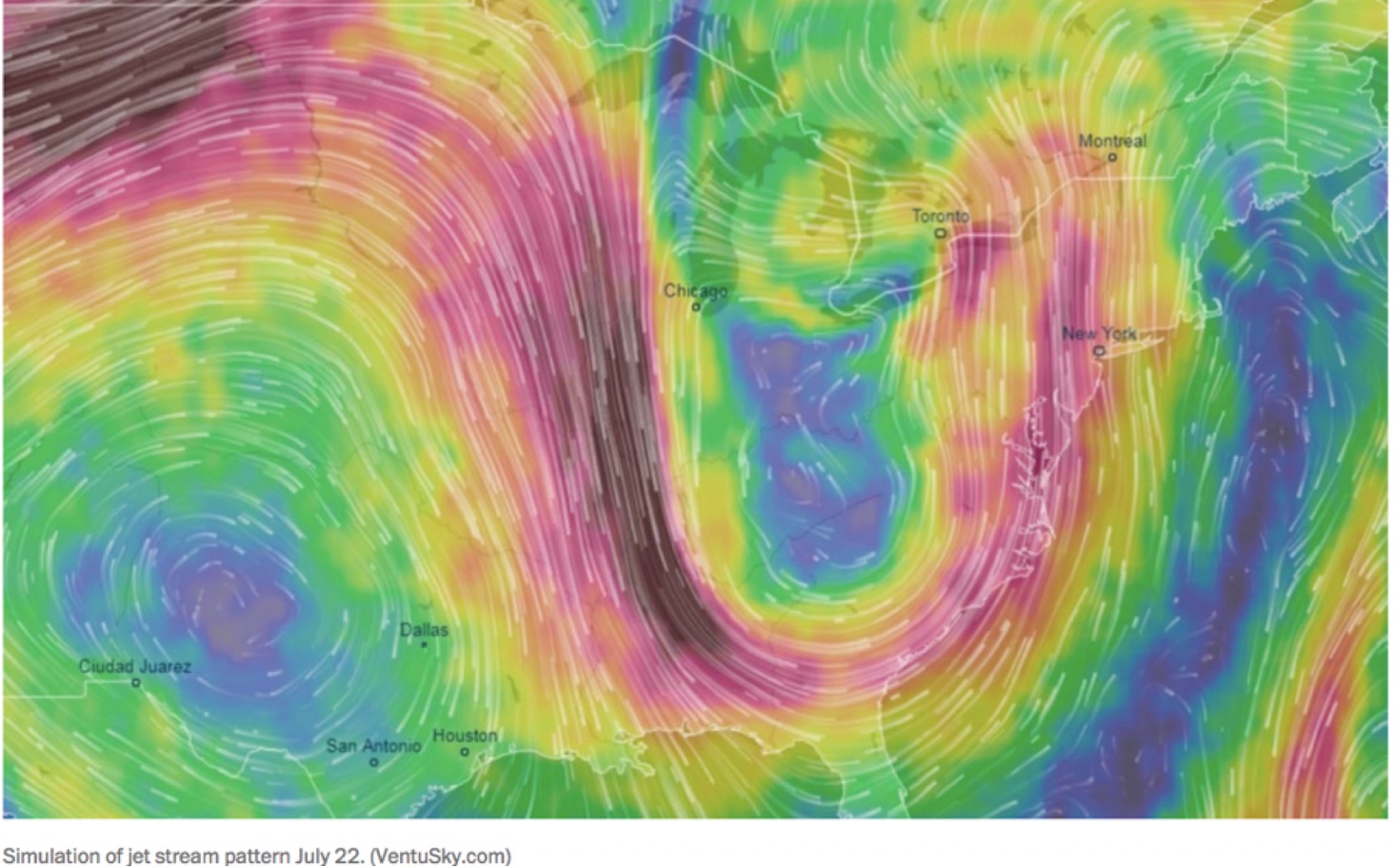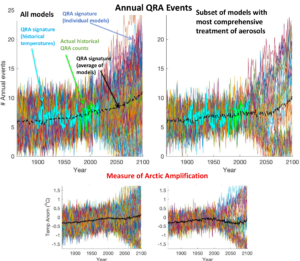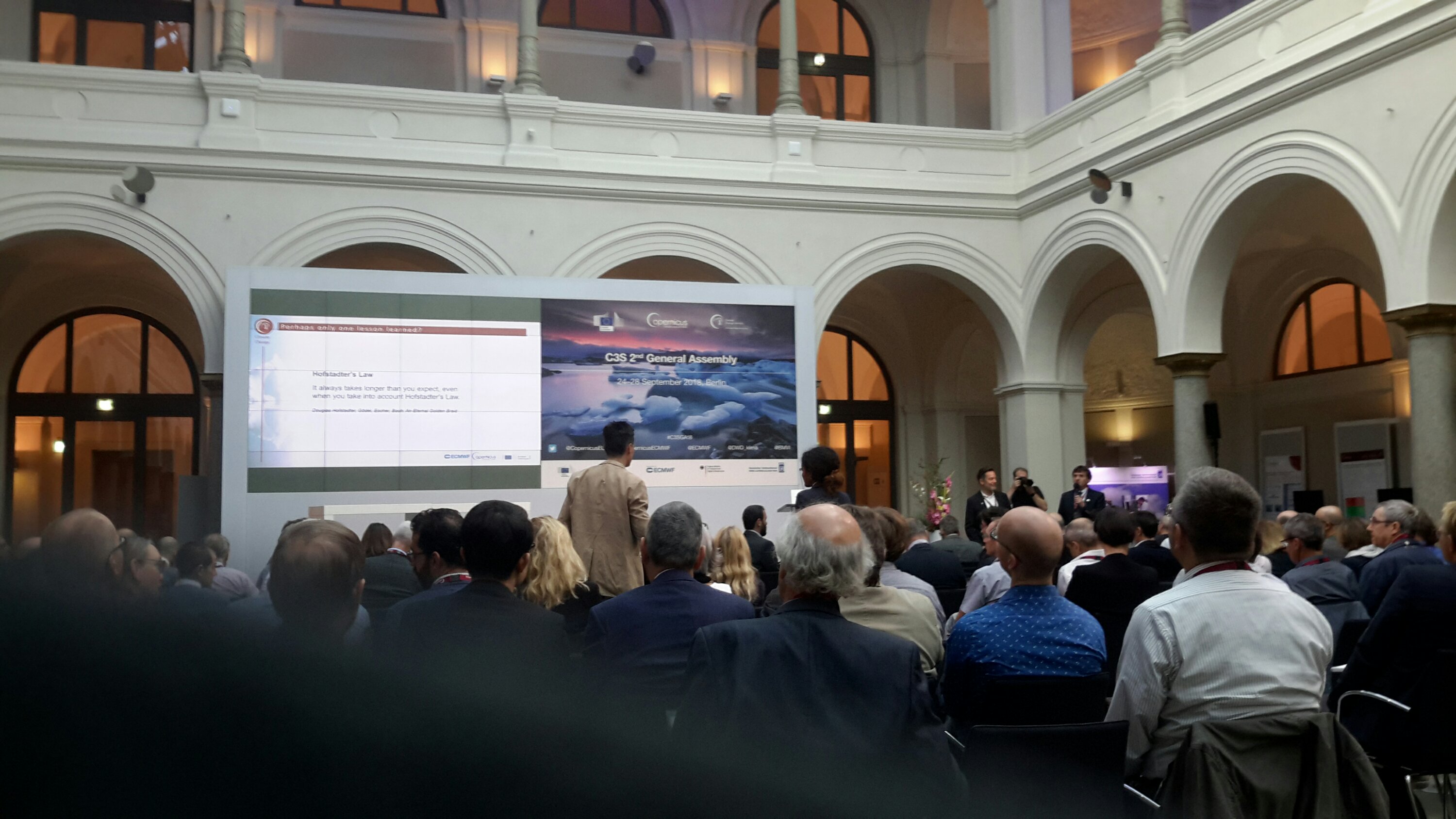
The summaries and FAQ (pdf) are good, and the ClimateNexus briefing is worth reading too. The basic picture is utterly unsurprising, but the real interest in the NCA is the detailed work on vulnerabilities and sectorial impacts in 10 specific regions of the US. The writing teams for those sections include a whole raft of scientists and local stakeholders and so if you think climate reports are the same old, same old, it’s where you should go to read things you might not have seen before.
- Regional Chapters
- Northeast
- Southeast
- U.S. Caribbean
- Midwest
- Northern Great Plains
- Southern Great Plains
- Northwest
- Southwest
- Alaska
- Hawai‘i & U.S.-Affiliated Pacific Islands
Obviously, since the report was only released at 2pm today without any serious embargo, most takes you will read today or tomorrow will be pretty superficial, but there should be more considered discussions over the next few days. Feel free to ask specific questions or bring up topics below.






 Guest post by Veronika Huber
Guest post by Veronika Huber